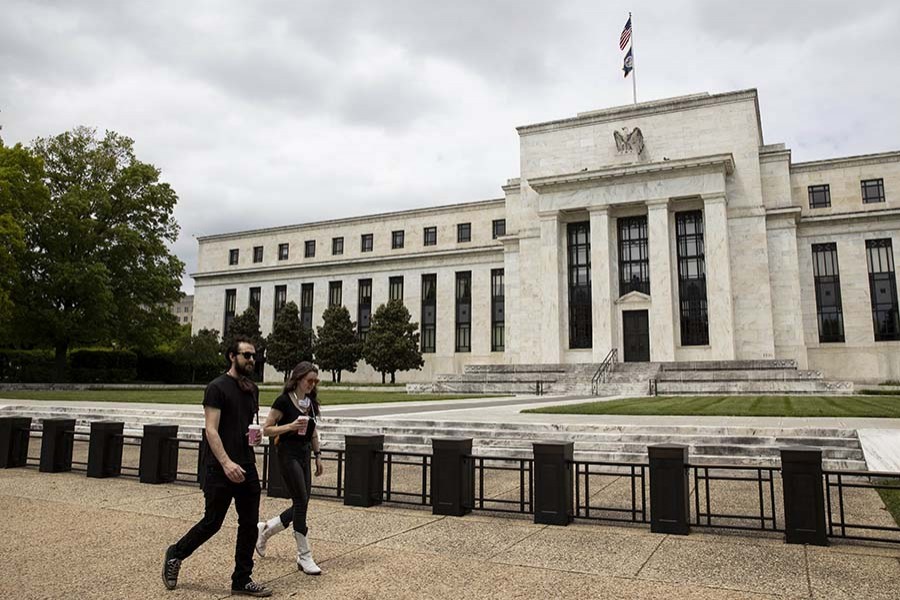The COVID-19 pandemic is worsening US inequality in income and race, a senior Federal Reserve official said Thursday.
"This health crisis has not so much changed things as simply exposed, and in some cases accelerated, trends that were already present in our society," Federal Reserve Bank of Philadelphia President Patrick Harker said in remarks prepared for a virtual event about reinventing communities.
"The United States went into this crisis a troublingly unequal place, beset by serious inequities in income, wealth, and opportunity," Harker said, adding the Census Bureau calculated that income inequality in 2018 was the highest level in the 50 years since it began measuring it.
Harker noted that the COVID-19 pandemic has only heightened these inequities, as the virus is affecting some communities more than others.
"In Philadelphia, more than half of those who have died from COVID-19 have been African American, despite African Americans making up only about 40 per cent of the city's population. This is a trend that has been observable nationwide," he said.
Researchers at the Philadelphia Fed have also found that those most likely to be at risk of losing employment from the pandemic were already disproportionately low income, according to Harker.
"In other words, both as a health and an economic crisis, COVID-19 has the cruel effect of hurting those who were already most vulnerable," he said.
"American inequality is a moral and ethical challenge to our country's founding creed," added the Fed official. "As this crisis continues, we must redouble our efforts to redress some of the great underlying challenges to our society."
The number of COVID-19 cases in the United States topped 1.7 million as of Thursday, with the death toll exceeding 100,000, according to Johns Hopkins University.


